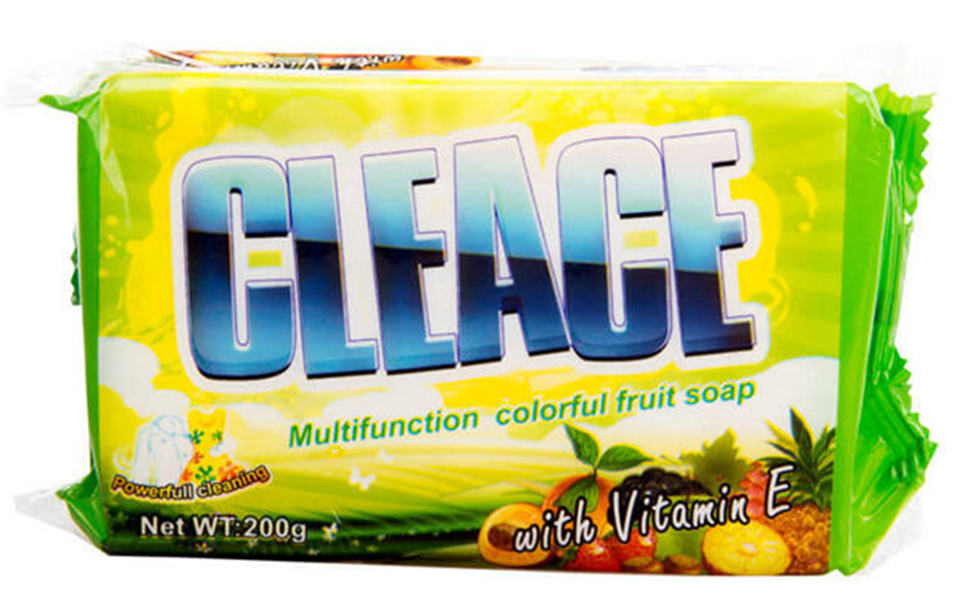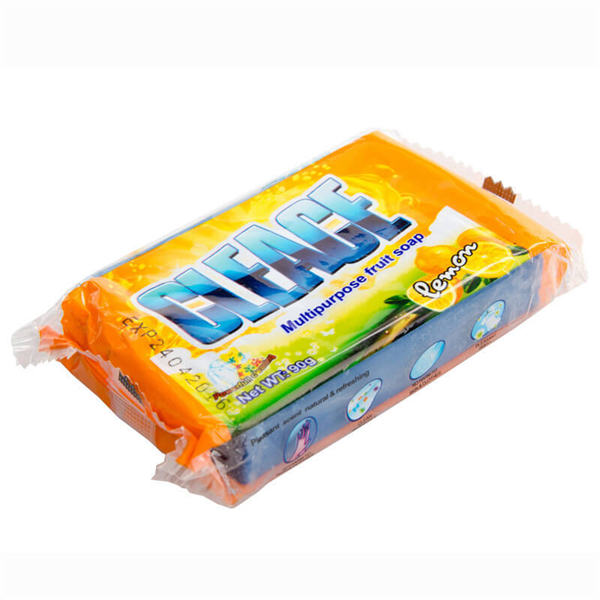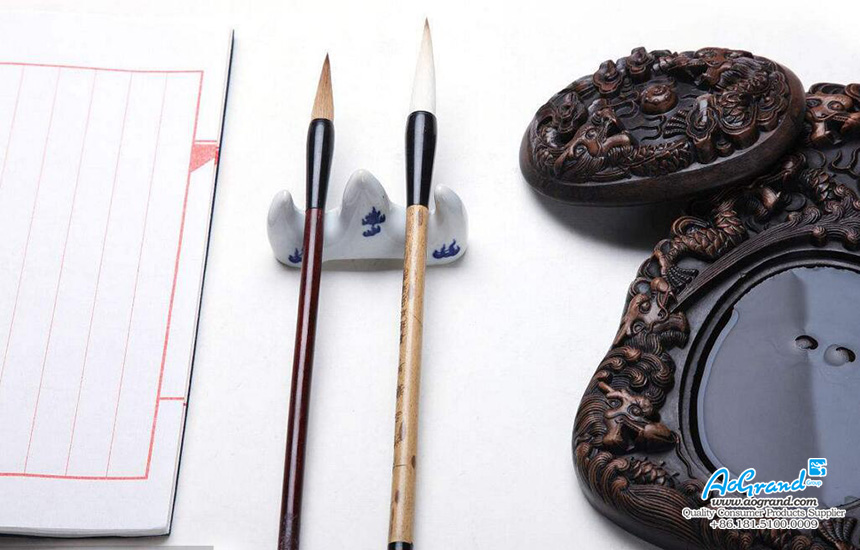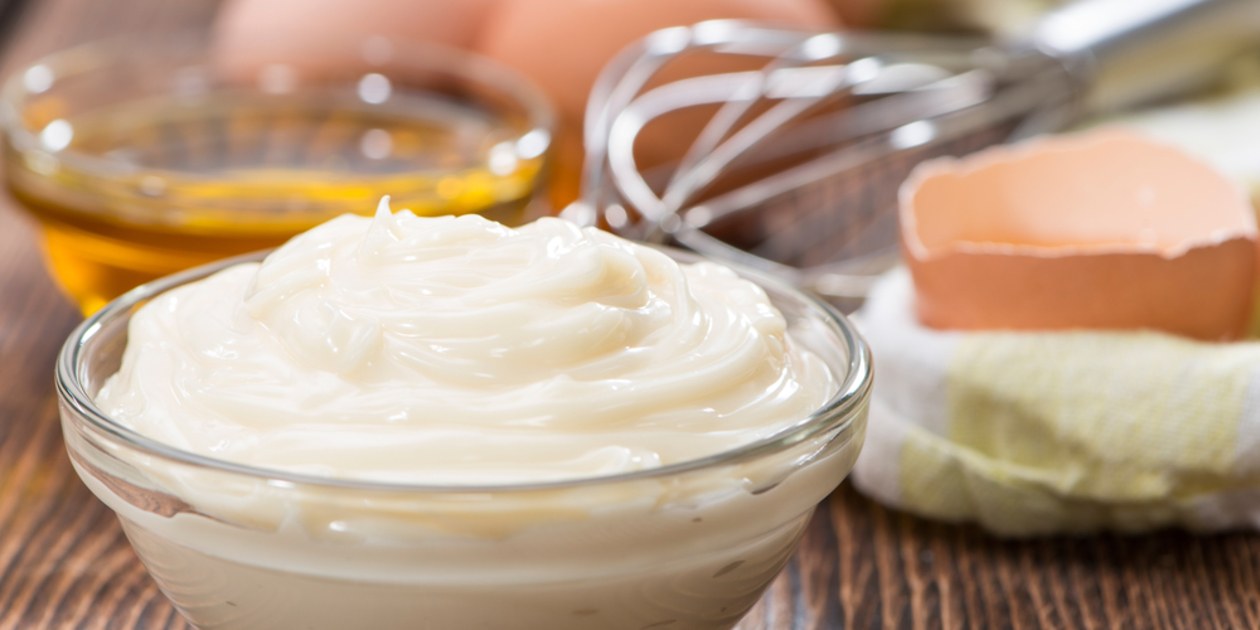How do I Choose the Best Laundry Soap?

Laundry soap is an important part of nearly every fabric-washing routine. There are many soaps and detergents available for laundry: homemade, commercially produced, powdered and liquid. When selecting a laundry soap that is right for your needs, you must consider the advantages and disadvantages of each type. Analyze these pros and cons against factors such as cost, availability and performance needs, and you will be able to choose the detergent or soap that meets your individual requirements.
The first step in selecting the right laundry soap is learning the basic composition of soap compared to detergent. Although the terms often are used interchangeably, there actually are basic chemical differences between the two. Soap is produced using natural ingredients such as fat and lye, and detergent is comprised mainly of synthetic materials, alcohol and petroleum products.
Most manufacturers of laundry detergents and soaps offer "free and clear" versions, leaving out chemical additives such as fragrances, brighteners, softeners and colors. One of these versions might be a good choice if you or someone in your household has sensitive skin or might be allergic to certain substances. For example, the latest CLEACE Fruit perfumed soap with attractive fruity has been launched in order to meet the individual requirements of consumers, especially the kids. A wide range of natural fragrances like lemon, strawberry, coconut and so on, is gaining in popularity with children. For its mildness, CLEACE Fruit perfumed soap can not only be used for laundry washing, but for washing your hands.
Soap and detergent behave differently in hard water. Soap reacts strongly to the minerals present in water, leaving behind a film commonly known as soap scum. Over time, soap deposits can give the fabric a gray hue. However, detergents do not have this same strong reaction to minerals and therefore are most commonly used for laundry and dish washing. If the use of soap in your washing routine has resulted in dingy-colored laundry, a product known as laundry bluing can help mask the gray and yellow undertones.
Laundry soap or detergent is sold in both powder or liquid form. Powdered laundry detergent most often provides a lower cost per load. Therefore, it generally is the most economical choice for washing clothes. Some individuals report clumping, the failure to dissolve well or the leaving of detergent granules behind as possible disadvantages to powdered laundry soaps. If you don't mind these problems or consider them minor, powdered laundry soap might be a good choice.
Another less-popular alternative to purchasing commercially made laundry soaps is making your own. Making your own laundry soap is a simple process that can give you more control over your washing routine when compared to buying pre-made detergent. Homemade laundry soap usually consists of ingredients such as grated laundry soap, borax, washing soda and water. Similar to store-bought laundry detergent, homemade laundry soap can be powdered, liquid, scented or unscented, according to your individual preferences.








